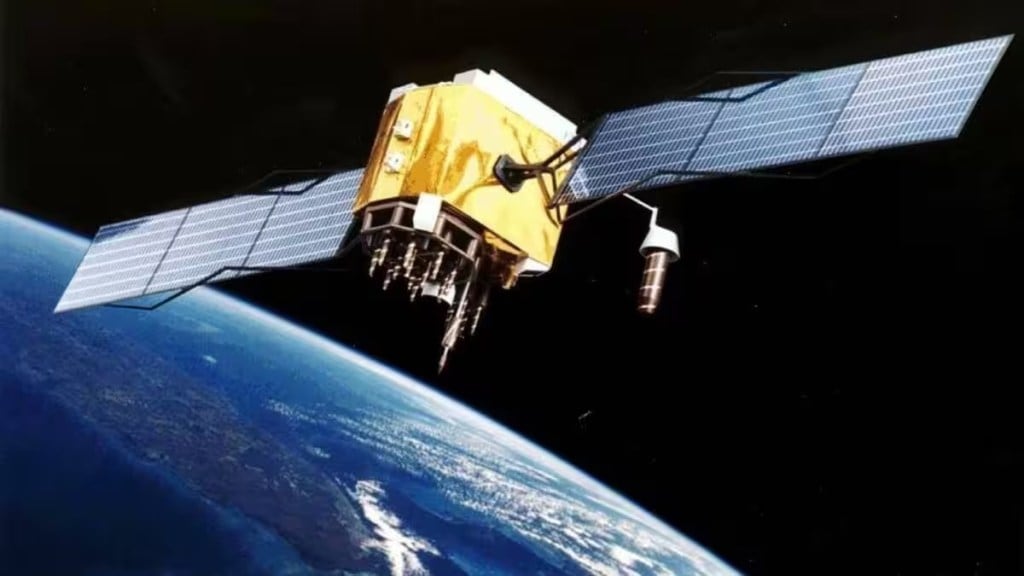OneWeb India has received the required approvals from IN-SPACe to launch Eutelsat OneWeb’s commercial satellite broadband services in India, marking a significant milestone as the first organization granted such authorization. IN-SPACe, the Government of India’s agency overseeing space activities, is responsible for regulating and granting authorization for such endeavors within the country.
The approval means that Eutelsat OneWeb can initiate commercial connectivity services upon the allocation of spectrum by the government. Bharti Group Chairman and Vice-President (Co-Chair) of the Board of Directors of Eutelsat Group, Sunil Bharti Mittal, expressed satisfaction, noting the importance of this green light from the Indian space regulator. He underlined its critical role in advancing India’s goal of providing internet connectivity for all, aligning with the vision of Digital India. Eutelsat OneWeb stands ready to deploy its services promptly after securing the final spectrum authorization.
Cyril Dujardin, Co-General Manager of Connectivity at Eutelsat Group, highlighted the collaborative effort required to bridge global connectivity gaps, emphasizing the positive impact of receiving approvals from the space regulator. With the completion of their Low Earth Orbit (LEO) constellation last year, Eutelsat OneWeb is well-positioned to deliver high-speed connectivity even to the most remote locations in India.
This development further solidifies Eutelsat OneWeb’s presence in the Indian market. OneWeb India already holds the necessary licenses from the Department of Telecommunications to provide broadband services via satellite connectivity. The business has also received in-principle approval to establish and operate two gateways in Gujarat and Tamil Nadu.
These gateways are crucial for ensuring the provision of high-speed, low-latency internet connectivity to customers across India once the services are rolled out. The collaborative efforts between the government, regulators, and businesses contribute to narrowing the connectivity gap and bringing vital services to people in remote areas.

